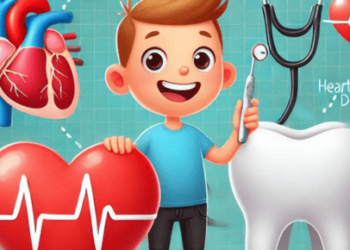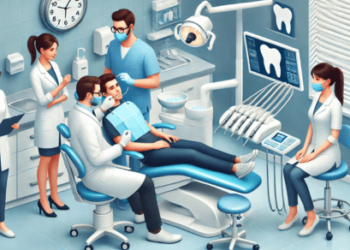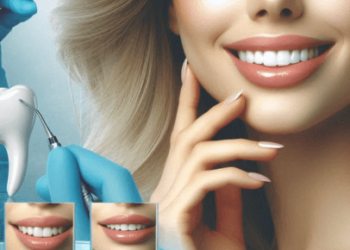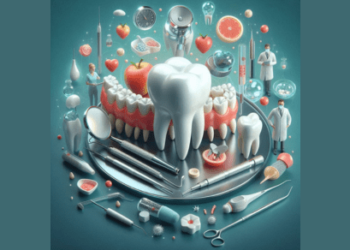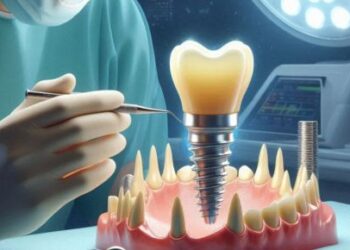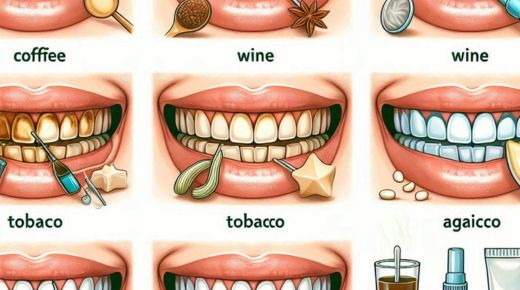
Teeth staining is a common aesthetic concern affecting millions of people worldwide, causing embarrassment, self-consciousness, and a desire for a brighter, healthier-looking smile. Whether due to lifestyle habits, genetics, or aging, stained teeth can significantly impact one’s confidence and overall quality of life.
Fortunately, teeth whitening at the dental office in Concord, MA offers a safe, effective, and non-invasive solution to reverse discoloration and restore a radiant smile. With advancements in dental technology and techniques, teeth whitening has become a popular and accessible cosmetic solution, providing a hassle-free path to a brighter, more vibrant smile.
Understanding teeth staining
Teeth staining refers to the discoloration or change in color of the teeth, resulting from the accumulation of surface stains or internal pigmentation. This aesthetic concern can manifest in various forms, including yellowing, browning, grayish, or even blackish discoloration, affecting the enamel, dentin, or both.
Types of teeth staining
There are two main types of teeth staining:
- Extrinsic Staining: This type of staining occurs on the surface of the teeth, primarily due to external factors such as:
- Coffee and tea consumption
- Red wine
- Berries and other chromogenic foods
- Tobacco use
- Poor oral hygiene
- Intrinsic Staining: This type of staining occurs within the tooth structure, often due to:
- Trauma or injury
- Fluorosis
- Antibiotics (e.g., tetracycline)
- Genetic conditions
- Aging
Causes of teeth whitening
Several factors contribute to teeth staining:
- Diet: Consuming foods and drinks high in chromogens (color-causing compounds) can stain teeth.
- Lifestyle: Smoking, tobacco use, and poor oral hygiene habits.
- Aging: Teeth naturally darken with age.
- Genetics: Some people may be more prone to teeth staining.
- Medical Conditions: Certain conditions, like fluorosis, can cause staining.
Understanding teeth whitening
Teeth whitening is a non-invasive, cosmetic dental procedure that removes stains and lightens tooth color, restoring a brighter, more radiant smile. Teeth whitening targets extrinsic and intrinsic stains, reversing discoloration caused by diet, lifestyle, aging, or genetics.
Teeth whitening is a non-invasive, cosmetic procedure that removes stains and whitens teeth through the following:
- Bleaching Agents: Hydrogen peroxide or carbamide peroxide break down stains.
- Penetration: Whitening agents penetrate tooth enamel.
- Oxidation: Stains are oxidized and lifted.
Types of teeth whitening
Several options are available:
- Professional In-Office Whitening: Dentist-supervised treatment.
- At-Home Whitening Kits: Custom-fitted trays or over-the-counter products.
- LED Whitening: Light-accelerated whitening.
Exploring the merits of teeth whitening
Teeth whitening offers the following merits:
Psychological merits
- Boosts Self-Confidence: A brighter smile enhances self-esteem.
- Improves Self-Image: Whiter teeth contribute to a more attractive appearance.
- Reduces Self-Consciousness: No more hiding your smile.
Social merits
- Enhances Social Interactions: A brighter smile makes socializing easier.
- Increases Professional Confidence: A whiter smile can benefit career advancement.
- Improves First Impressions: A radiant smile creates a lasting impression.
Oral health merits
- Encourages Better Oral Hygiene: Whitening motivates regular brushing and flossing.
- Reveals Underlying Issues: Whitening can expose hidden oral health problems.
- Freshens Breath: Whitening can reduce bacteria causing bad breath.
Aesthetic merits
- Brighter Smile: Whiter teeth create a more vibrant appearance.
- More Youthful Appearance: Whitening reduces signs of aging.
- Enhances Smile Symmetry: Whitening balances tooth color.
Convenience merits
- Quick Procedure: In-office whitening takes only 30-60 minutes.
- Easy Maintenance: At-home whitening kits are convenient.
- Long-Lasting Results: Whitening effects can last up to 3 years.
Economic merits
- Cost-Effective: Whitening is less expensive than veneers or implants.
- Increases Smile Value: A whiter smile enhances overall oral health value.
- Investment in Self-Care: Whitening demonstrates self-care commitment.
Teeth staining can significantly impact one’s self-confidence and quality of life. Understanding the causes and types of staining is crucial. Teeth whitening provides an effective solution, offering various options for professional and at-home treatment. Consult a dentist to determine the best teeth whitening approach for your unique needs.

